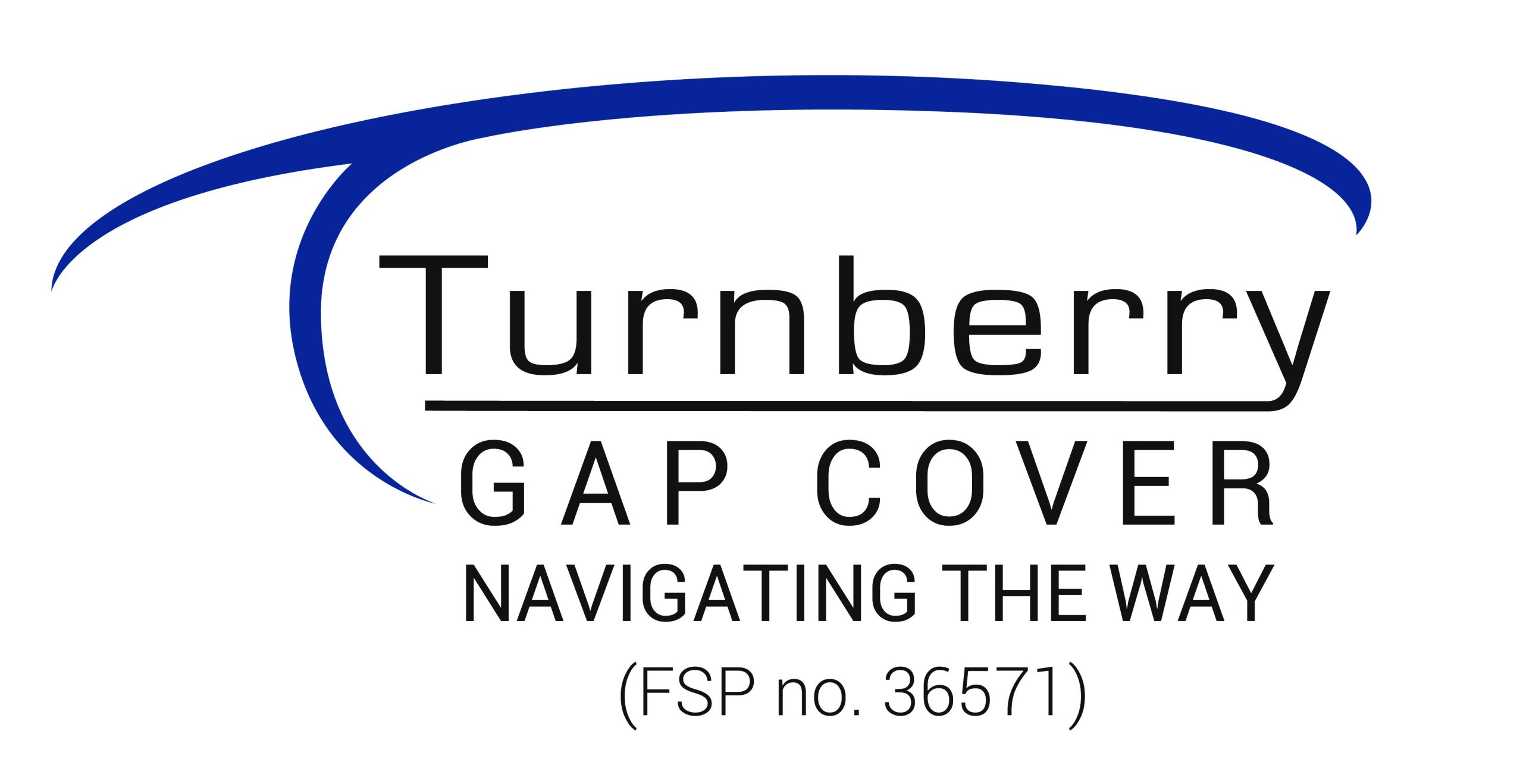
IOL – 28th April 2023
All too often, when the festive season is over people find themselves cash-strapped at the beginning of the new year, which prompts many to consider downgrading medical expenses as part of managing their finances.
While axing wasteful or underutilised expenditure, people who are faced with additional expenses such as school uniforms and supplies at the beginning of the year might be tempted to cancel gap cover, which is often considered a grudge expense.
Gap cover, or medical expense shortfall cover, is a policy that covers predominantly in-hospital events and pays for the shortfall between what medical specialists charge and what medical aid schemes are willing to pay.
Cancelling gap cover might not be the best solution as illness and accidents cannot be predicted and you can never know when you might need to cover medical aid shortfalls due to unexpected events.
Ideally, gap cover should be an integral part of a family’s financial planning, but it is often seen as a grudge purchase for people who are already paying a premium on their medical aid.
However, there are often substantial gaps between what is covered by the medical aid and what a specialist might charge. It is not uncommon for medical specialists to charge up to 500% or 600% of medical aid rates, meaning that the patient is then exposed to covering the shortfall.
Risky delay
Besides the potential shortfall, cancelling gap cover and then re-joining at a later stage will mean another three months’ waiting period before a person’s membership is activated again, which can be risky considering the uncertainty and fragility of life and health today.
The importance of having gap cover is well illustrated by looking at average medical expenses and the proportion of these that is typically covered by gap cover.
From experience, in terms of medical procedures, where there is a gap claim we usually see 50% of the expenses being covered by the medical aid and 50% by gap cover.
This is significant exposure that could force the average family to dip into their savings or retirement fund if they do not have gap cover.
It is obviously not a good thing to be forced to take money out of a savings vehicle, as the peaks and troughs in growth might mean that if you withdraw the funds at the wrong time, you might be incurring greater losses than the amount that you are withdrawing.
Health care is expensive
Health care in South Africa is typically very expensive for a number of reasons, such as the supply and demand of doctors and medical specialists per capita.
South Africa has a critical shortage of doctors, with government figures showing that there are currently 0.31 doctors per 1 000 patients in the country.
In addition, the high costs of medication must also be taken into account, with prices driven up by the high cost of research and the exchange rate.
It is recommended that people who are considering getting health-care coverage enlist the help of a financial broker who can help them review the options that are available in the market.
There are a number of medical aid and health insurance schemes to choose from, ranging from hospital plans to comprehensive medical aids.
A financial broker can help people determine which scheme is right for them and also help them understand their potential exposure and the right gap cover to choose.
In short, instead of being a grudge expense, gap cover should be an essential component of any financial portfolio to protect people against potentially crippling medical expense shortfalls.
Often, it is the unforeseen that results in the most significant shortfalls, and gap cover can be key to a patient’s physical and financial well-being.
https://www.iol.co.za/personal-finance/my-money/gap-cover-is-it-an-essential-part-of-any-financial-portfolio-08f615d4-40e8-45a2-916e-7470dad12e0e
https://getcovered.turnberry.co.za/app/1
What is Gap Cover?
https://getcovered.turnberry.co.za/app/1
Client Testimonials
I have been a Turnberry Management Risk Solutions customer since 2016, after my financial advisor encouraged me to take out a gap cover plan to bolster my medical aid hospital plan. My plan gives me up to 600% cover for medical scheme shortfalls, which was a real blessing when I was diagnosed with a double pulmonary embolism in August 2020. I was in hospital for five days and saw numerous doctors. I had many tests done including x-rays, CT scans and MRIs. When I was discharged, the bills started to arrive, and each doctor had shortfalls that my hospital plan would not cover. Luckily, I had gap cover in place, and Turnberry took care of these shortfalls so that I could focus on my recovery. This was the first time I had claimed from my gap cover, but the relief of knowing that I had cover took away a lot of stress. My broker took me through the process and once I submitted all of the required documents, the claim was assessed and paid out within a few days. I then had to have a follow-up MRI with a co-payment which was not covered by my medical aid, and Turnberry again came to my aid. Going from healthy to hospitalised is not something you expect, but in reality, it can happen to anyone, and the last thing on your mind is how you will pay for the bills. I learned this the hard way when my mother was diagnosed with cancer and did not have medical aid or gap cover, and the financial pressure of trying to fund her treatment was enormous. This is a burden nobody should have to deal with, which is why gap cover is absolutely essential.
Evy Michalopoulos, Founder & CEO of the Machi Filotimo Cancer Project
